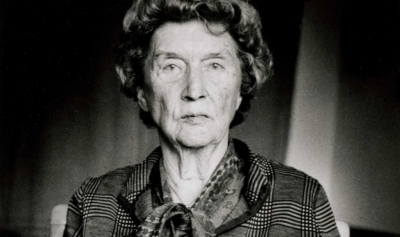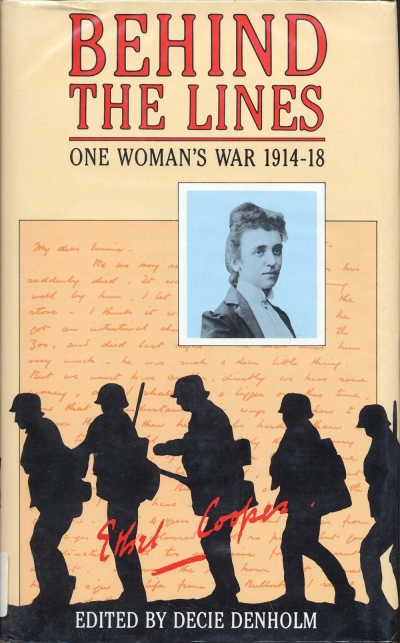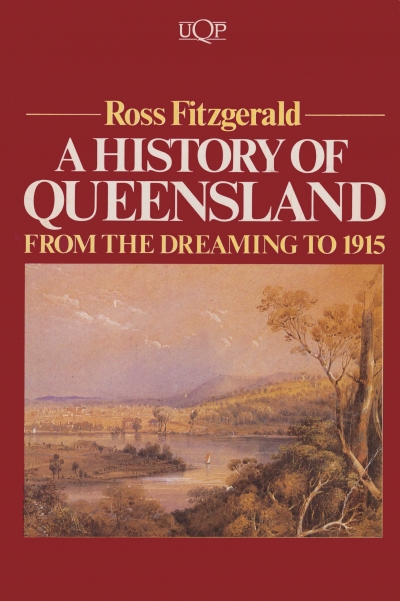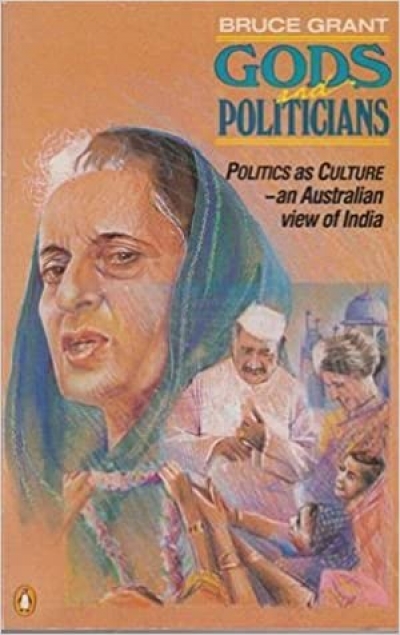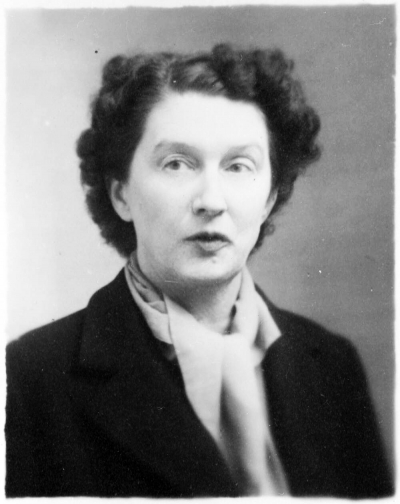Archive
A few Australian poems from J.J. Stable’s Anthology, A Bond of Poetry (‘The Man from Snowy River’, ‘Clancy of the Overflow’, ‘My Country’), Robbery Under Arms and For the Term of His Natural Life are, to my shame, practically all the Australian literature I can remember reading in my school days. My interest in Australian writers was stirred, really, by two events while an undergraduate at Sydney University. The first was two lectures given by H.M. Green, Fisher Librarian, on Christopher Brennan (an interest reinforced by the first performance at the State Conservatorium of Music in November 1940 of Five Songs – poems of Brennan set to music by Horace Keats). The second was a passing reference by Ian Maxwell in a splendid set of lectures in 1939 on three modem satirists (Butler, Shaw, Huxley) to Christina Stead’s House of All Nations. Maxwell was certainly up to date in his reading, as Christina Stead’s fiction was not at that time widely known in Australia and House of All Nations had been published only the year before. These two events made me realize that Australian writers were part of that great world of English literature which were studied at universities.
... (read more)Behind the Lines: One woman's war 1914–18: The Letters of Caroline Ethel Cooper edited by Decie Denholm
From the Dreaming to 1915: A history of Queensland by Ross Fitzgerald
With the reissue of The Beauties and Furies (1936) this month by the British feminist press Virago, virtually all of Christina Stead’s work is in print for the first time in the half century long career of this distinguished writer.
... (read more)The problems of children’s book publishing are not really different in kind from those which beset other types of publishing; they are the familiar problems exacerbated by the fact that these books are designed for a group of second-class citizens who, being young and dependent, have little influence on what is produced for them, and little financial clout.
... (read more)ABR is very proud to present its readers with this special supplement in honour of the eightieth birthday of one of Australia's most significant writers, Christina Stead, whose birthday falls on July 17. I am particularly grateful for John McLaren for asking me to edit this supplement and for thus allowing me to be associated with this gesture of respect and esteem towards one whom I regard as a most valued friend.
... (read more)Children’s Book Week is traditionally a time to take an overall view of the last year’s output of children’s books. Such an overall view is necessarily superficial but it can be interesting to note the appearance of new authors and illustrators, new themes, or different treatment of old themes. This article will look at the picture books and fiction of the last twelve months.
... (read more)
